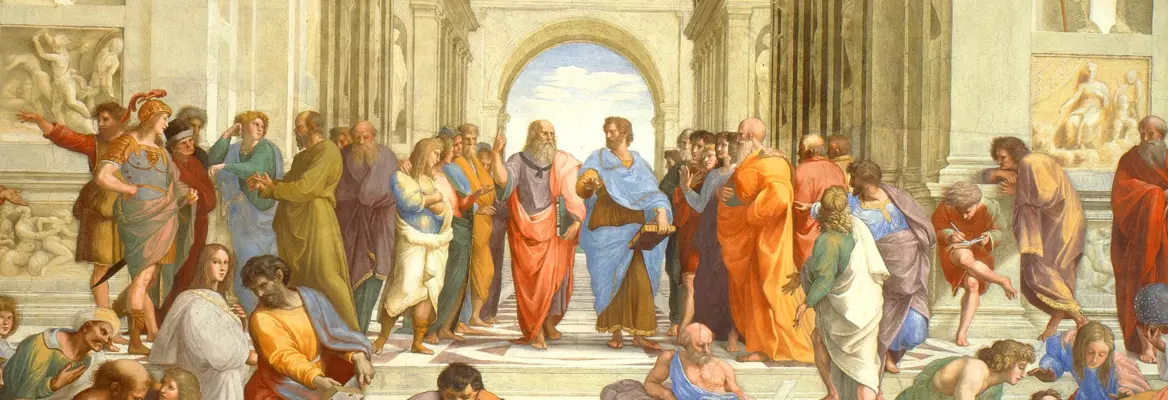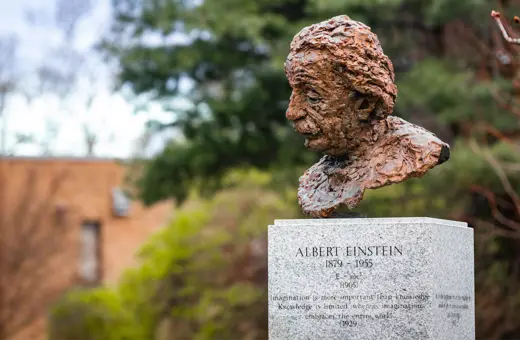For World Philosophy Day 2023, eleven leading thinkers nominate philosophers you probably haven't heard of, but you should know about, from Ancient Greece all the way to the present day. Martha Nussbaum, Carlo Rovelli, Cheryl Misak, Peter Adamson, Andrew Bowie, Tommy J Curry, Emily Thomas, Paul Giladi, Maria Balaska, Sara Heinämaam, Hugo Drochon and Sophie-Grace Chappell put forward their choices.
Martha C. Nussbaum
A Neoplatonic philosopher born in Tyre, and later living at Rome, who wrote in Greek. He wrote the best work in the entire history of Western philosophy before the twentieth century on the intelligence and complex sentience of nonhuman animals and the cogent reasons for not killing and eating them. Called "On Abstaining from Eating Animals," it is a very lengthy work and survives in its entirety. An English translation by Gillian Clark was published in 2000 by Cornell University Press.
Martha C. Nussbaum is Distinguished Service Professor of Law and Ethics at the University of Chicago and one of the world’s most celebrated moral philosophers, according to the Financial Times.
Carlo Rovelli
Anaximander is a giant of human thinking, standing at one of the deep roots of modernity and is very little known. He is the one that realized the first cosmological revolution, understanding that the sky above us continues below us and the Earth is a big stone floating in the void. This is the discovery of the worldview that will characterize the West for centuries, the birth of cosmology, and is the first scientific revolution. It is the discovery that scientific revolutions are possible: in order for us to understand the world, we must be aware that our current worldview may be mistaken, and we can redraw it. He is the first geographer.: the first to draw geographical maps. The first biologist, contemplating the possibility that living beings evolved over time. He is the first astronomer, making a rational study of the movements of heavenly bodies and seeking to reproduce them with a geometrical model. He is the first to propose two conceptual tools that would prove fundamental to scientific activity: the idea of natural law, guiding the unfolding of events over time and by necessity; and the use of theoretical terms to postulate new entities, hypostases used to make sense of the observable world. He starts the critical tradition that forms the basis of today’s scientific thinking: he follows his master Thales's path while at the same time searching for his master’s mistakes. He created what the Greeks called Peri phuseos istoria (hence “physics”), the “inquiry into nature,” giving birth to a tradition that would form a deep root basis for the entire scientific development to come. Even the literary form of this tradition, a treatise in prose, starts with him.
Carlo Rovelli is an Italian theoretical physicist and loop quantum gravity pioneer. He is the author of, many bestselling books, including The Order of Time, Reality Is Not What It Seems, and Anaximander.
Maria Balaska





















Join the conversation